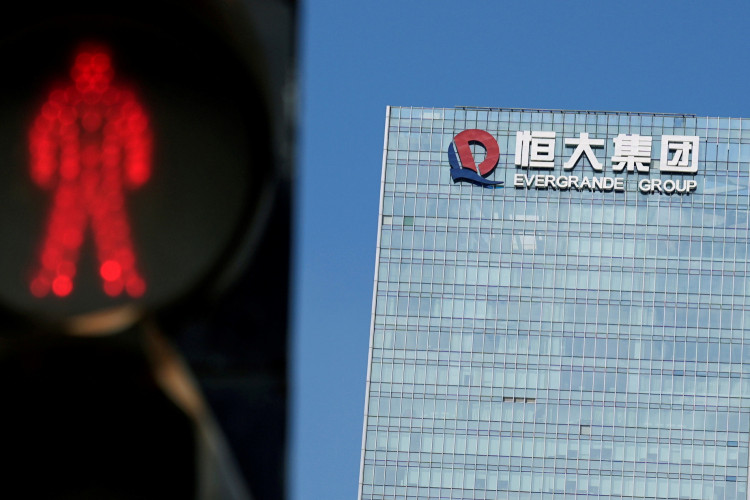The Hong Kong High Court's decision to order the liquidation of Evergrande Group, the globe's most indebted real estate developer, has sent ripples through the financial markets, exacerbating concerns over the already fragile state of China's property sector. This move marks a critical juncture for the Chinese economy, which has been significantly impacted by the real estate crisis, with Evergrande at the epicenter.
Judge Linda Chan, presiding over the case, concluded that the interests of the creditors, who have been entangled in restructuring talks with Evergrande for over 19 months, would be best served by placing the company into liquidation. "It seems to me that the interests of the creditors will be better protected if the company is wound up by the court, so that independent liquidators can take control over the company," Judge Chan stated in her ruling.
This decision comes after Evergrande's colossal debt default in 2021, which not only precipitated a property crisis in China but also sent shockwaves through the global financial markets.
Evergrande's financial woes are staggering, with liabilities amounting to 2.39 trillion yuan ($333 billion) as of June last year, and overseas creditors owed $25 billion. The appointment of Alvarez and Marsal as the liquidator empowers the firm to seize and sell Evergrande's assets in Hong Kong, such as its office tower in Wan Chai, to satisfy some of the debts. However, the broader implications for Evergrande's extensive operations in mainland China remain uncertain.
In response to the liquidation order, Evergrande CEO Xiao En attempted to reassure stakeholders by emphasizing that the company's main property development arm, Hengda Real Estate Group, and other subsidiaries would continue their operations unaffected, as they are independent legal entities within China's distinct legal framework from Hong Kong.
The liquidation order's impact on investor confidence is profound, further complicating an already dire situation for China's real estate sector, which faces $100 billion in maturing obligations this year alone. Brock Silvers, chief investment officer for Kaiyuan Capital in Hong Kong, noted, "Evergrande's offshore liquidation was mostly expected, but it's still a significant setback for an already troubled onshore real estate sector, one which will further decay investor sentiment."
The unfolding Evergrande saga is emblematic of broader systemic issues within China's economy, exacerbated by a slowing housing market, deflationary pressures, a declining birthrate, and an aging workforce. These challenges are compounded by a shift towards more ideologically driven policies by Beijing, which has contributed to a crisis of confidence in China's capital markets.
Evergrande's attempt at restructuring was derailed by the detention of its founder and chairman Xu Jiayin on suspicions of criminal activity, adding a layer of complexity to an already convoluted situation. The property crisis has had a deleterious effect on China's economic growth, which has historically been buoyed by a booming real estate sector.
The real estate industry's downturn, precipitated by the government's crackdown on excessive borrowing among developers in 2020, has led to a cascade of defaults and a significant drag on the broader economy. The industry's decline comes at a particularly vulnerable time for China, as it grapples with the aftermath of pandemic-induced lockdowns and various economic headwinds.
As the dust settles on the Hong Kong court's liquidation order, the future of Evergrande, and by extension, the stability of China's real estate market and economy, hangs in the balance. The implications of this development are likely to reverberate across global financial markets, underscoring the interconnectedness of the global economy and the pivotal role of China's property sector within it.






